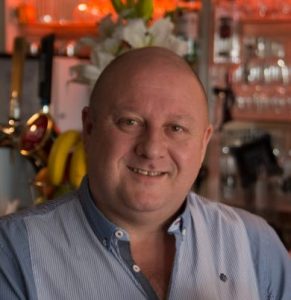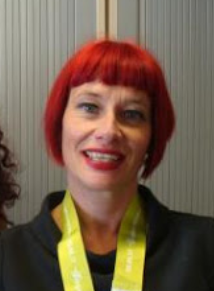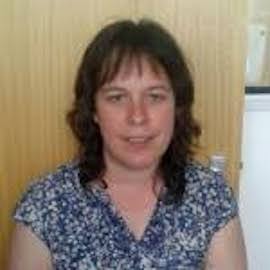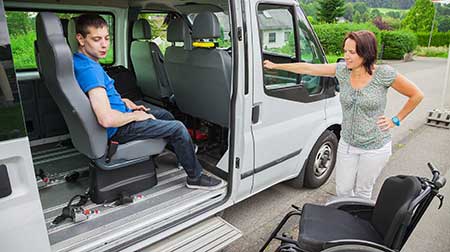Head teachers are not sure how many children will come back to Brighton and Hove’s special schools in September, adding to the challenges for the home to school transport service.
Taxi boss Andy Cheesman told members of Brighton and Hove City Council that the uncertainties would make it hard to ensure the right number of staff and vehicles.
Mr Cheesman told the council’s Home to School Transport Policy Panel that he was also concerned about how these would be affected by the measures to tackle the covid-19 coronavirus crisis.
The panel has been looking into continuing problems with home to school transport after changes made last year resulted in chaos in September, with dozens of children unable to get to school.
Mr Cheesman said that time was running out to recruit drivers and escorts and to carry out criminal record checks.
The panel was told that about a fifth of the pupils left and a similar number started school each autumn, adding to the challenges facing the unsettled service.
At a virtual meeting today (Wednesday 3 June), he said that Disclosure and Barring Service (DBS) checks usually took about 12 weeks as the school summer holidays approached.
Last year, he said, some drivers and escorts – known as vehicle passenger assistants (VPAs) – had not been cleared by the DBS at the start of the school year. The results of some DBS checks were not received until December.
With the likelihood that social distancing measures could still be in place, more drivers and escorts may be needed, he said.
Mr Cheesman added that they would also need training on how to support people with autism, epilepsy and other health and behavioural issues before starting work.
He said: “We are running out of time. If we need specialist vehicles, they are around, but they’re not suitable for the children.”
He said that it once the vehicles had been bought, they had to be converted so that they were suitable for the children to be carried, adding: “These things take time.”
Mr Cheesman also said that if up to 30 drivers and escorts were needed, it would be a “big ask”.

The interim head of the council’s home to school transport service, Regan Delf, said that the team was working hard to prevent a repeat of the problems last autumn when students were left without safe transport or without transport at all. But the coronavirus crisis had complicated the calculations.
Mrs Delf said: “I don’t think there’s a local authority in the country that has nailed this for September so they are absolutely sure who is going.
“This situation is unfolding day by day for us and for schools. We are doing the best we can. If things were normal, it would be easy to make everything perfect.”
The panel was told that discussions had been held with the Parent Carers’ Council (PaCC) about how to help young people cope with changes to their routine as a result of the covid-19 measures.
Mrs Delf said: “We are using social stories to explain the changes they may face.
“They may have a different driver. There will be people wearing masks which can be quite scary.
“People may want them to put a scarf over their mouth and nose and they may find that very difficult to tolerate. We are trying to find ways to ease that going forward.”

Head teachers at Hill Park and Downs View special schools told the panel that many parents wanted their children to be able to return to school.
Hill Park’s executive head Rachel Burstow, told the panel that 70 per cent of her parents want to see youngsters back before September.
Downs View’s executive head Adrian Carver said that 47 per cent had wanted children to return on Monday (1 June), rising to 76 per cent wanting children in school in September.
Both schools are currently open for key worker’s children and highly vulnerable youngsters.
From September they could look at part-time attendance and rota systems to enable them to maintain social distancing.

PaCC chair Fiona England said that it was essential for the home to school transport team to liaise with mainstream schools too.
She said that many young people with an education, health and care plan (ECHP) were still waiting to hear about places.
Mrs England said that she was not surprised that a growing numbers of parents wanted their children back at school and wondered whether it was the same for mainstream pupils.
She said: “Parent carers, children and young people are beginning to really struggle at home now. It correlates with the experience of lockdown and how difficult it is for everybody.”
The panel is expected to meet again later this month.








